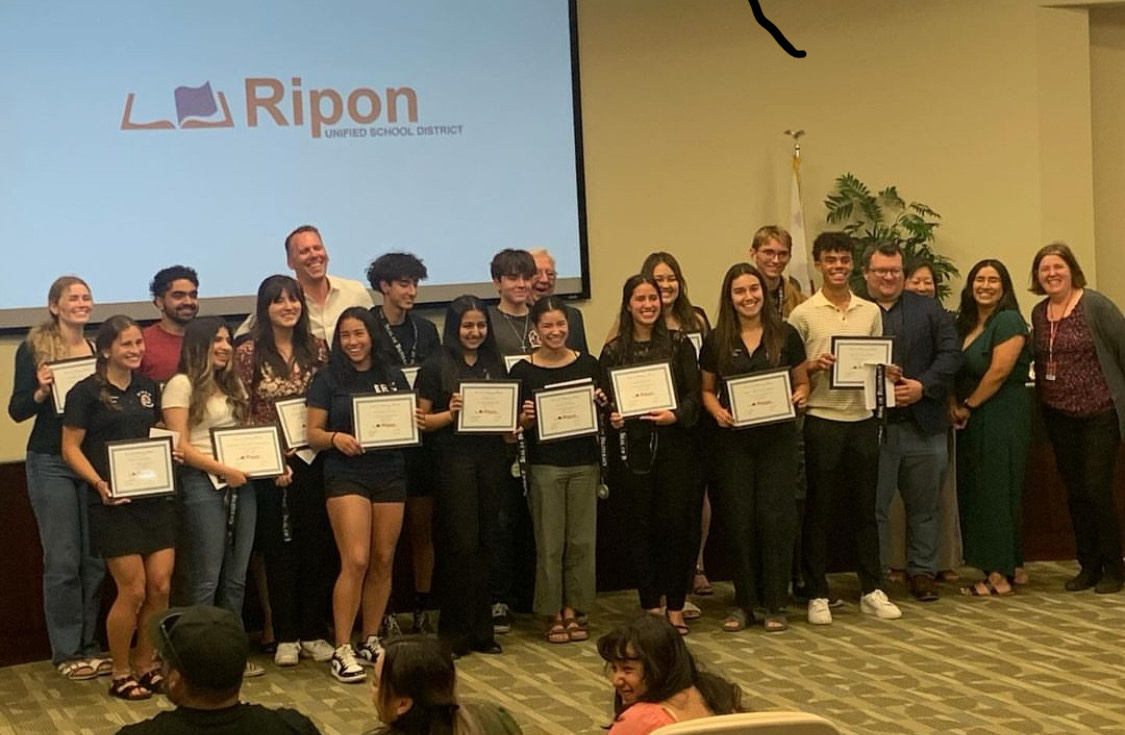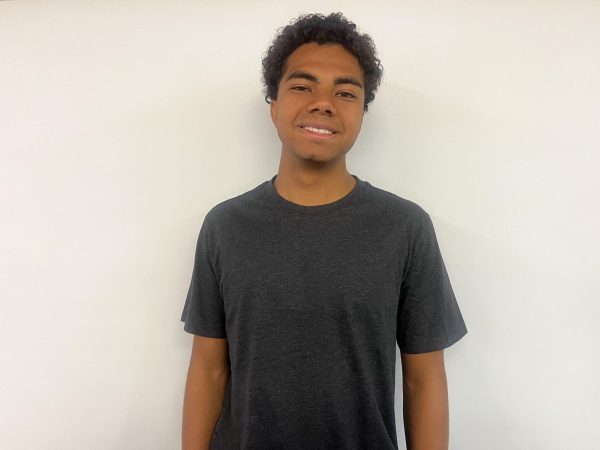Over the years, college sports have generated over 1 billion dollars in total revenue. However, for years, college athletes would not get a cent for their efforts and if they were to gain any sort of compensation, they would be punished by the NCAA. Recently, based on the information given by ESPN, college athletes have the chance to gain compensation from separate organizations. This sort of compensation is called NIL deals. How did this begin though, and how they have affected college sports years after they were placed.
The fight for college athletes to be paid was a struggle for many years, however the NCAA was concerned about paying their players and how it would affect where players would play at. This was difficult for students however, as fewer than 2 percent would go pro, and the ones who didn’t go could not make enough money to support their families because they couldn’t get paid for their efforts. Then in mid July of 2021, the NCAA found a new way for college athletes to get paid. This form of payment is called NIL. This is where universities organize endorsement deals from other companies, and present these deals to players. Once these players advertise for these companies, the players will be paid a certain amount. The amount of payment these players receive is based on how they perform in their final year of high school, or in college.
Years later, the market for college athletes has changed drastically. Prior to NIL deals, incoming college athletes were only focused on which school had the best track record in a specific sport. Now, players are focused on which school has endorsement deals that will pay players the most. Some coaches struggled to make the shift to the NIL deal era, as we saw the former Alabama head coach, Nick Saban, who won seven national championships, struggle to bring new talent to the University of Alabama.
Despite athletes getting much needed money, some of the highest paid NIL dealers are not paid for their skills, but for their family ties. This is seen with information provided by ”Business Insider” that states that Texas backup QB Arch Manning is making 2.8 million being the nephew of hall of fame QB Peyton Manning. We also see this with Lebron James’ son Bronny James, who doesn’t contribute much to USC basketball success, but makes 4.9 million. Finally, NFL hall of fame cornerback Deion Sanders’ son, Sheduer Sanders, makes 4.7 million dollars but has had big amounts of success playing QB at Colorado.
NIL deals have shaped college sports in many ways, and despite the fact they affect a teams chance of success, they have helped players achieve a future past sports. However, this money may not be spent on the right players, as much money is spent on players who have family ties to celebrities.





